Posts related to Africa
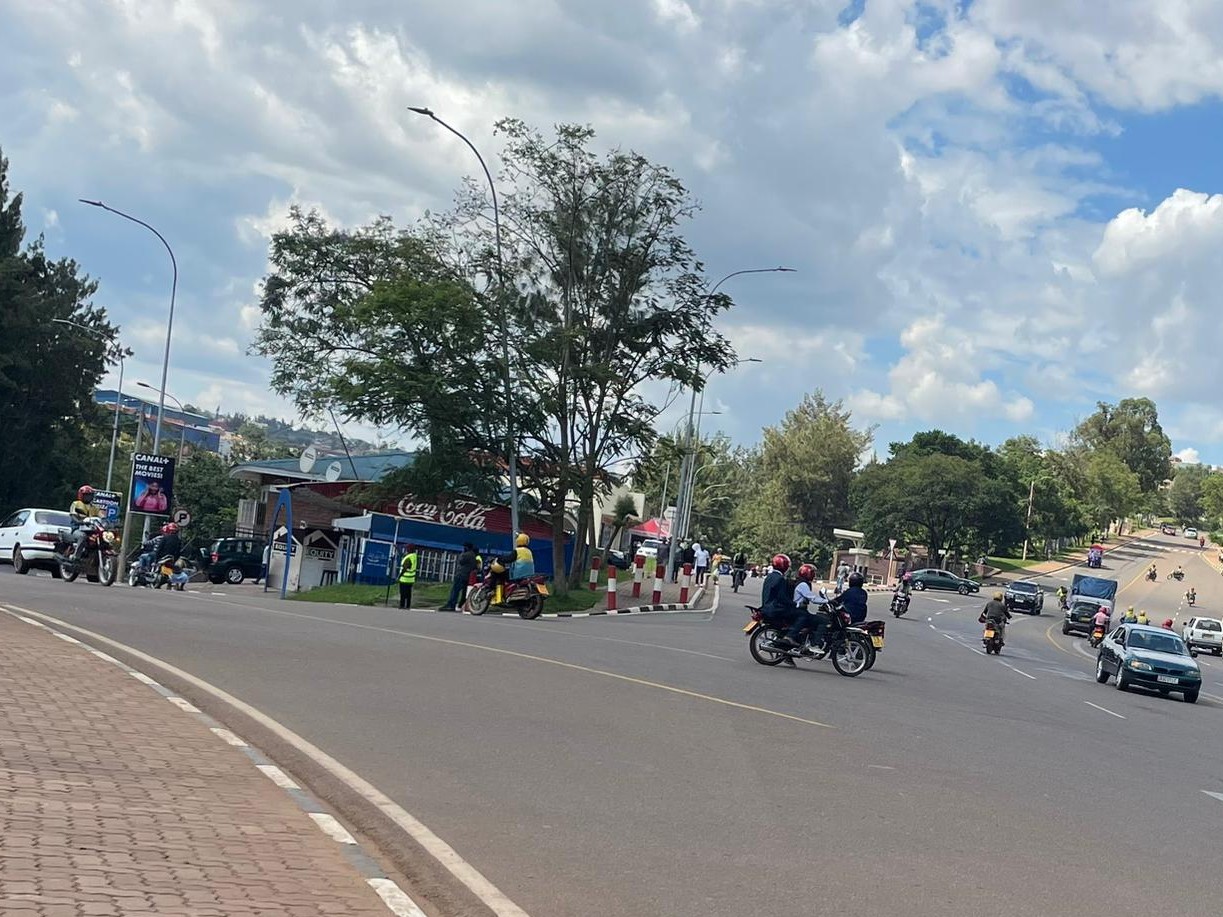
Rwanda’s national road safety strategy highlights pedestrian safety as a priority area, but many of Kigali’s roads are still lacking walking amenities. Alliance member Healthy People Rwanda (HPR) conducted two Mobility Snapshots in November 2024 and documented pedestrians’ safety concerns. They found that people did not have enough time to cross the road safely and […]

“Road deaths and serious injuries amongst vulnerable road users – especially people moving on foot – are an ethical crisis and public health epidemic in South Africa,” says Lee Randall, co-founder and director of the Road Ethics Project In 2024, the Road Ethics Project, in collaboration with the Hammanskraal United Commuters Voice (HUCV), conducted Mobility […]

Children at Cité des Enseignants School in Dakar, Senegal, will reach their classrooms more safely, thanks to targeted advocacy by LASER International using its Mobility Snapshot. The school is located beside a major intersection along Dakar’s Bus Rapid Transit (BRT) corridor. During peak hours, 1,371 pedestrians walk this space near the school, shops, and office […]

Crowded roads, missing footpaths, and unsafe crossings are part of daily journeys for many in Kampala, Uganda. However, some things have started to change. Using Mobility Snapshots, Legacy Road Safety Initiative (LRSI) was able to show what it’s like and how it really feels to get around town. The Mobility Snapshot is a tool developed […]

Mobility Snapshot advocacy in Harare, Zimbabwe has resulted in speed reduction from 85 km/h to 40 km/h at the intersection of Nemakonde Way and Girton Road. Government authorities have also installed speed bumps, pedestrian crossing, and road signages at the intersection. The newly reconstructed Nemakonde Way is a national highway connecting Harare to Chirundu Border […]
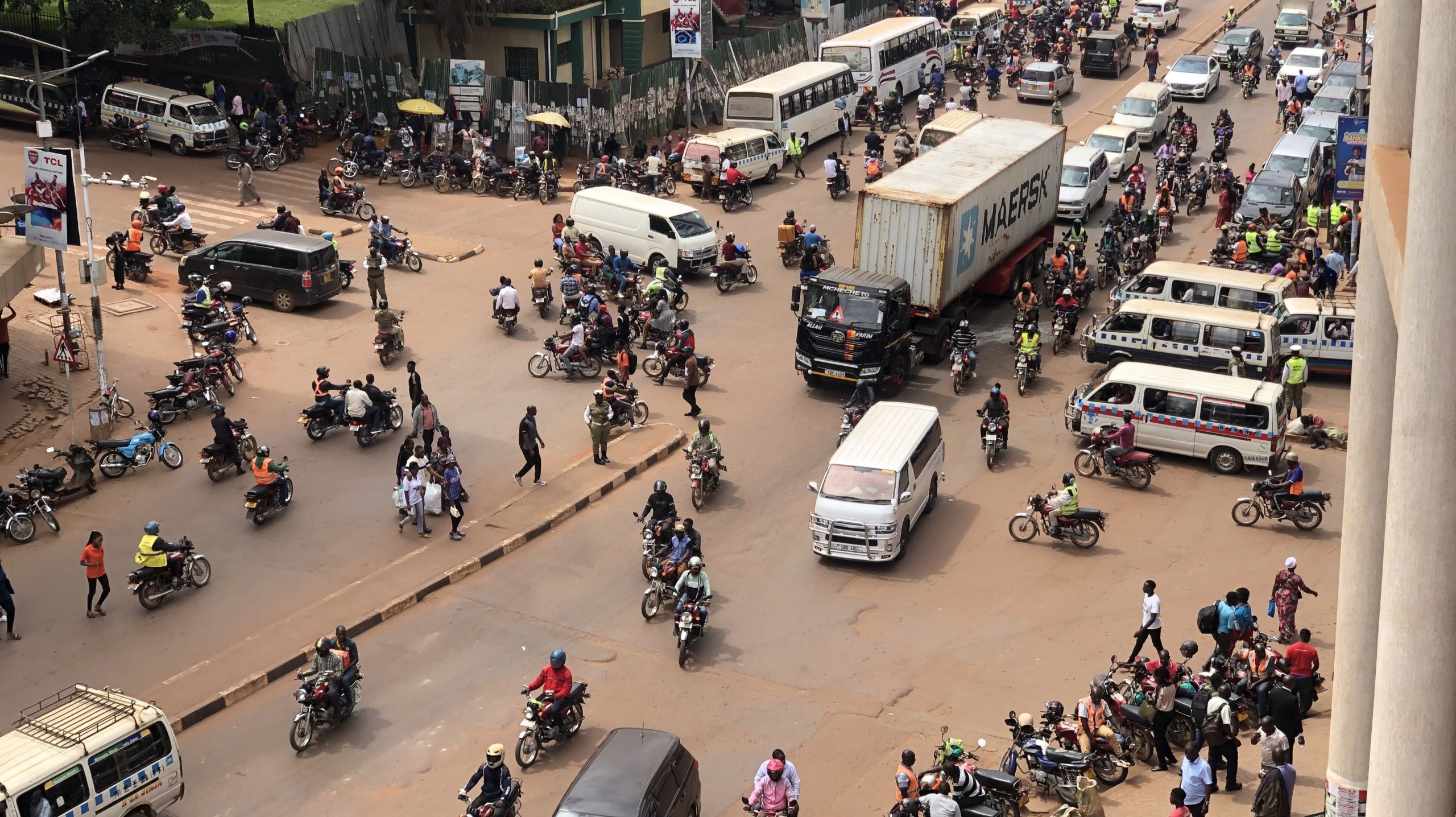
The intersection of Kampala Road-Burton-Johnson street and The Square 1, Kampala, Uganda. Uganda Road Accident Reduction Network Organisation’s (URRENO) Mobility Snapshots have contributed to influencing design, policy and implementation across the city of Kampala, Uganda. They collaborated with other NGOs in the country such as Hope for Victims of Traffic Accidents (HOVITA) and Legacy for […]
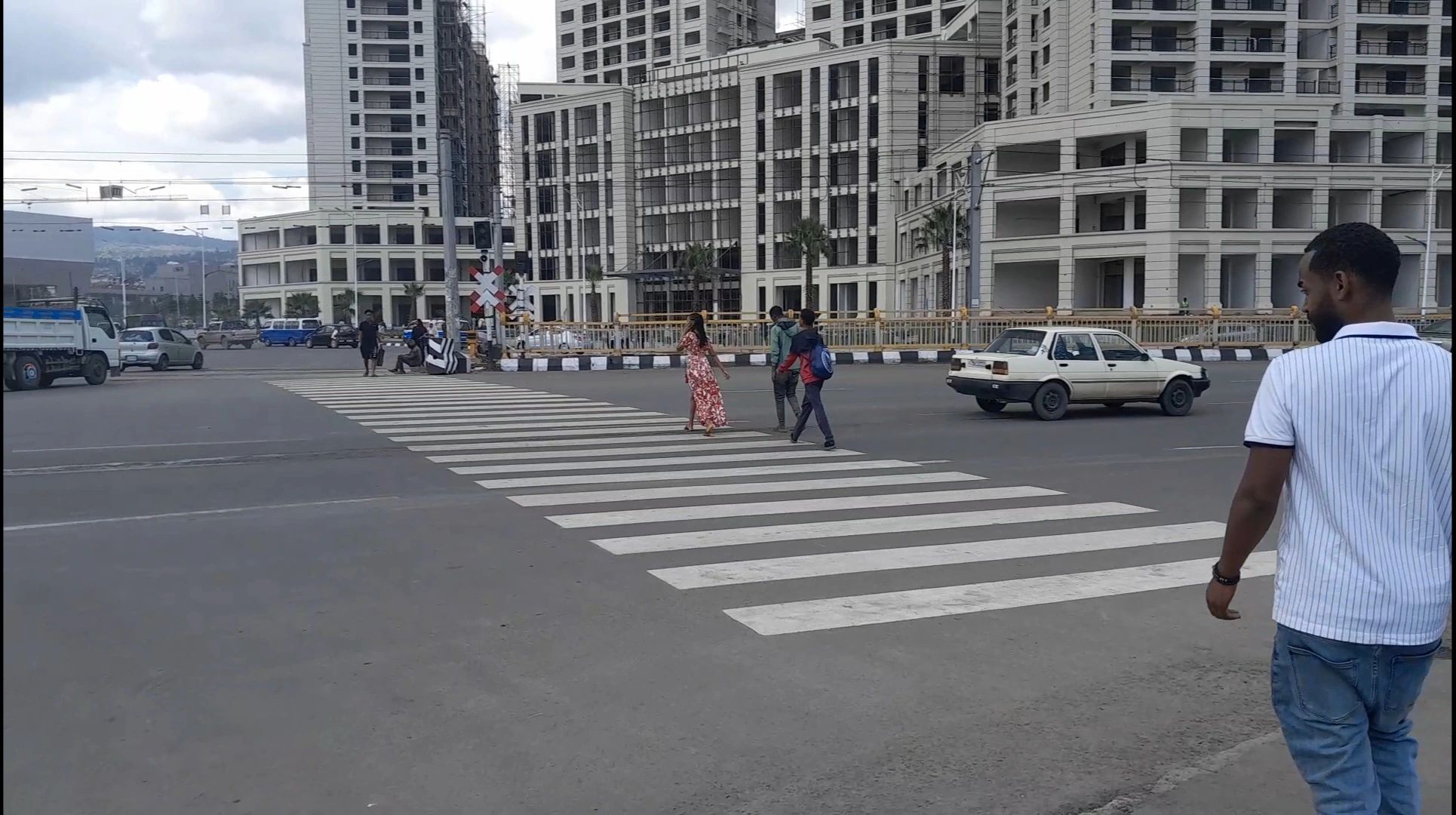
New pedestrian crossing installed in CMC Adebabye intersection in Addis Ababa. © Save the Nation In Addis Ababa, Ethiopia, Save the Nation has used their large social media following on TikTok to create community demand from the government for safer roads. This has led to quick progress in improving pedestrian safety at the CMC Adebabye intersection, a […]
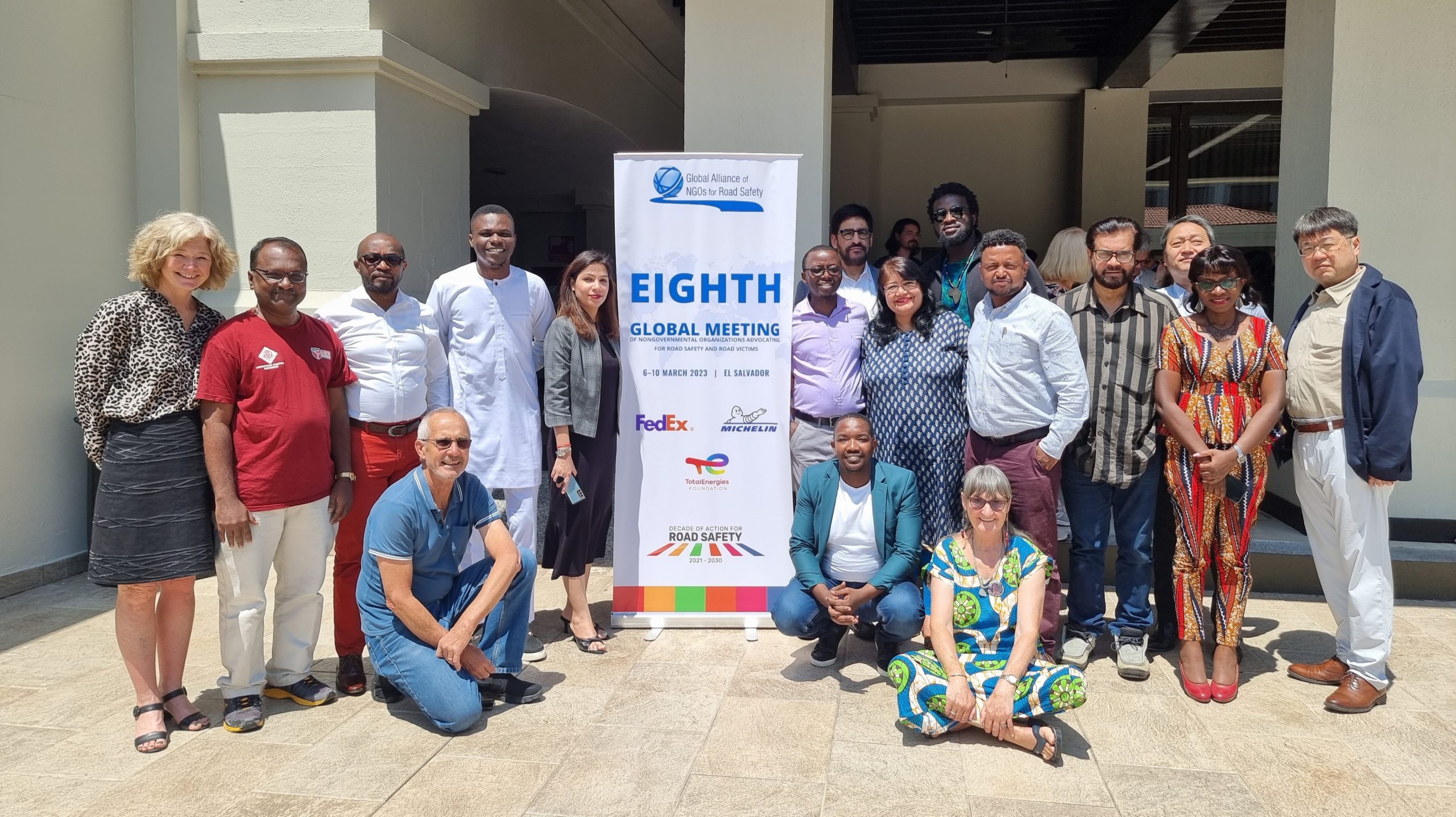
The Africa Chapter of the Global Alliance of NGOs for Road Safety, supported by the TotalEnergies Foundation, held its annual online meeting on 25 September 2024. During this meeting, members reviewed the capacity development of NGOs in Africa, drawing on the outcomes of the learning needs assessment conducted in 2020. This assessment identified key areas […]
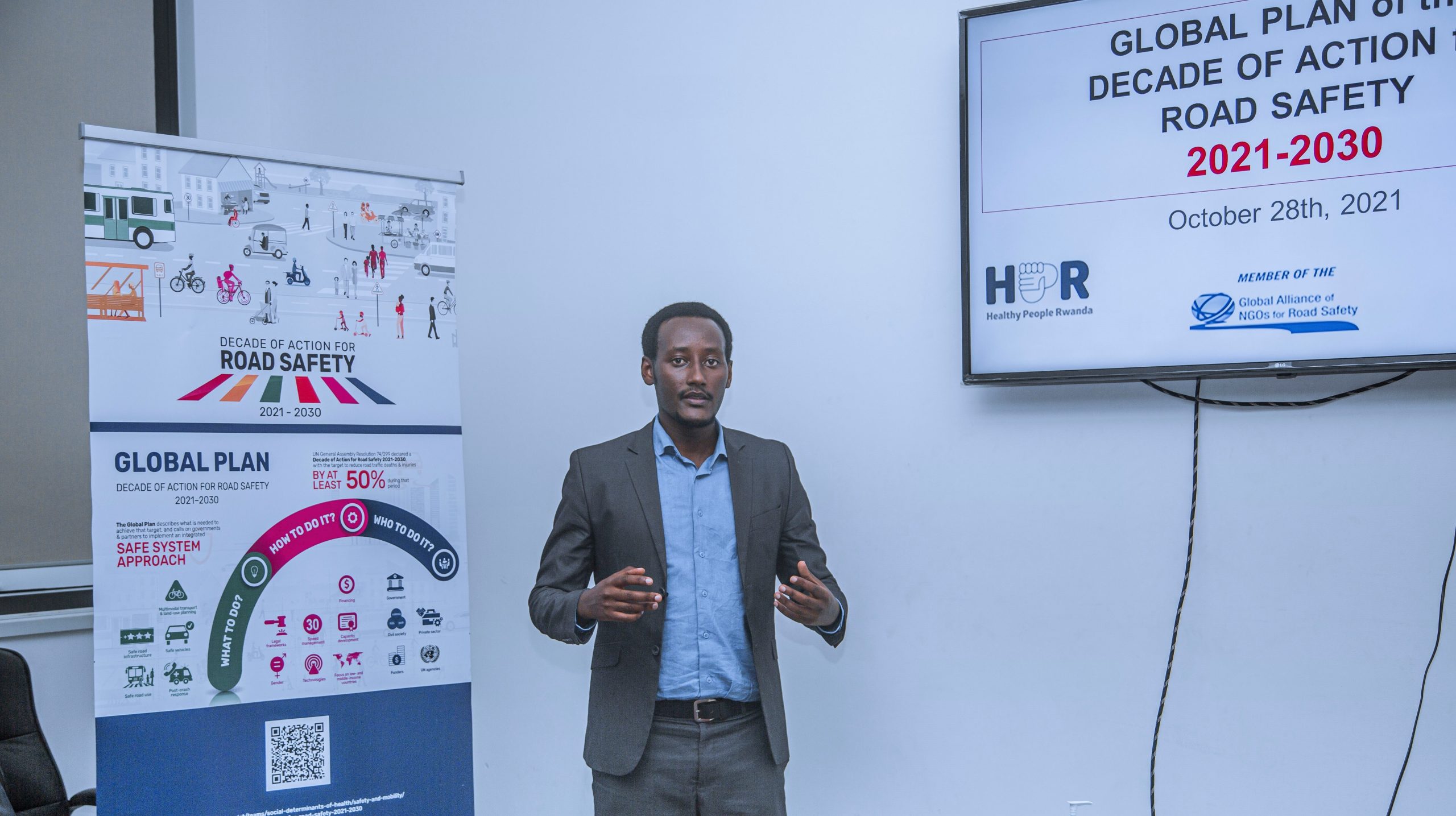
Healthy People Rwanda, an Alliance member, is part of the TRANS-SAFE consortium and will be supporting the implementation of the Living Labs project in Rwanda. The Living Labs is part of the TRANS-SAFE project, which encompasses different demonstration actions in selected African cities with the purpose of testing different types of innovative and integrated Safe […]
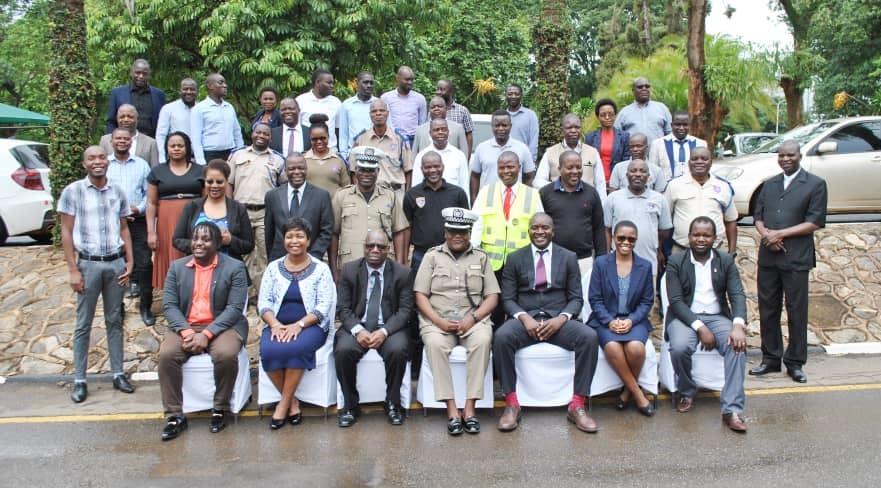
According to the Global Status Report on Road Safety 2023, road traffic fatalities in Malawi increased from 18 per 100,000 population in 2018 to 20 per 100,000 population in 2023. While the country has legislation on speed limits, the urban speed limit is 50 km/h. Alliance member, Road Safety Alert Foundation (ROSAF) in Malawi has […]
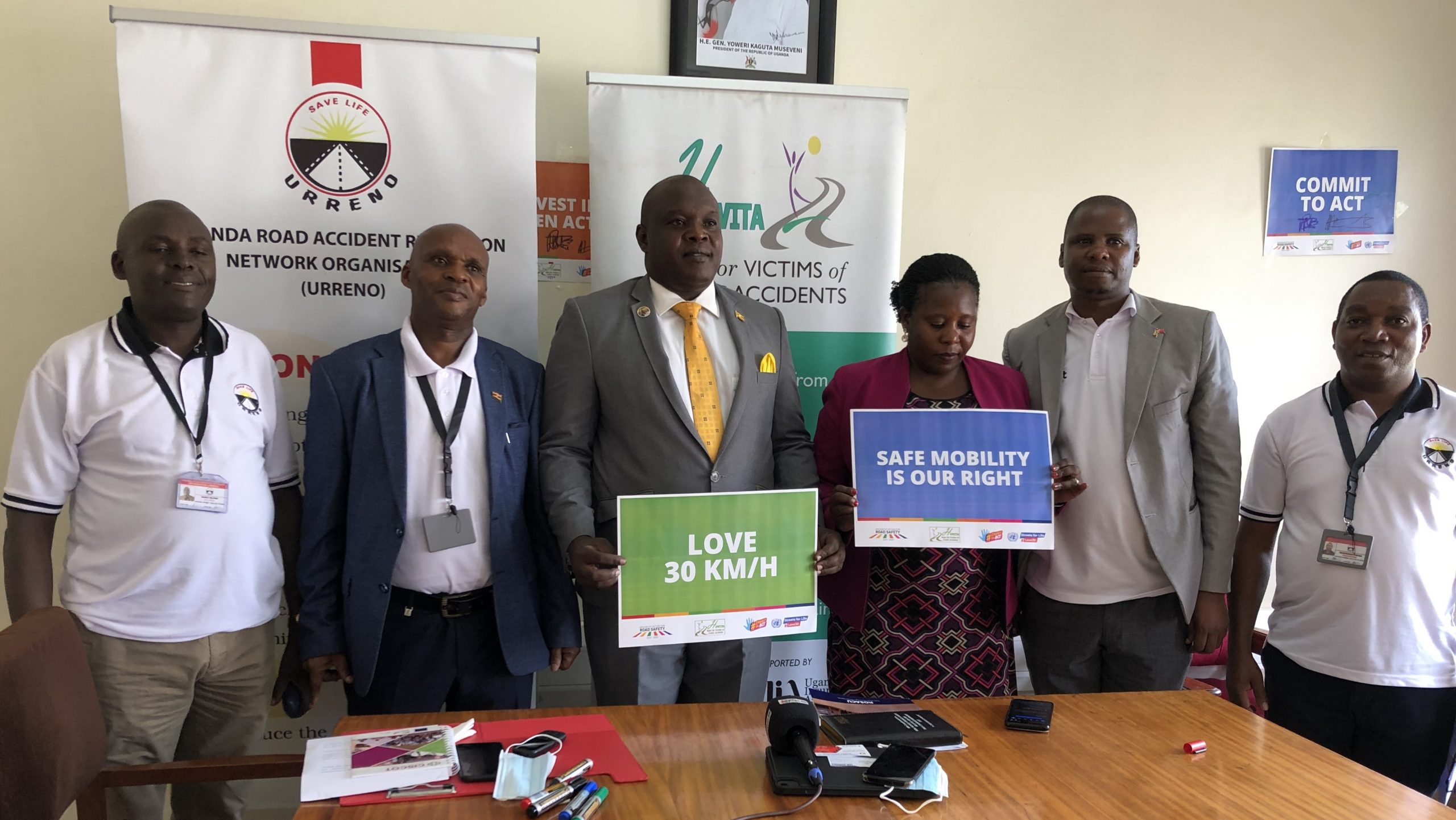
According to the Uganda Police Force Annual Crimes and Traffic Report, 628 school-aged pedestrians below the age of 18 died in road crashes in 2020. There has been an increase in the pedestrian death rate for young people aged 12–19 years old since 2013. In 2021, the Uganda Road Accident Reduction Network Organization (URRENO) and […]
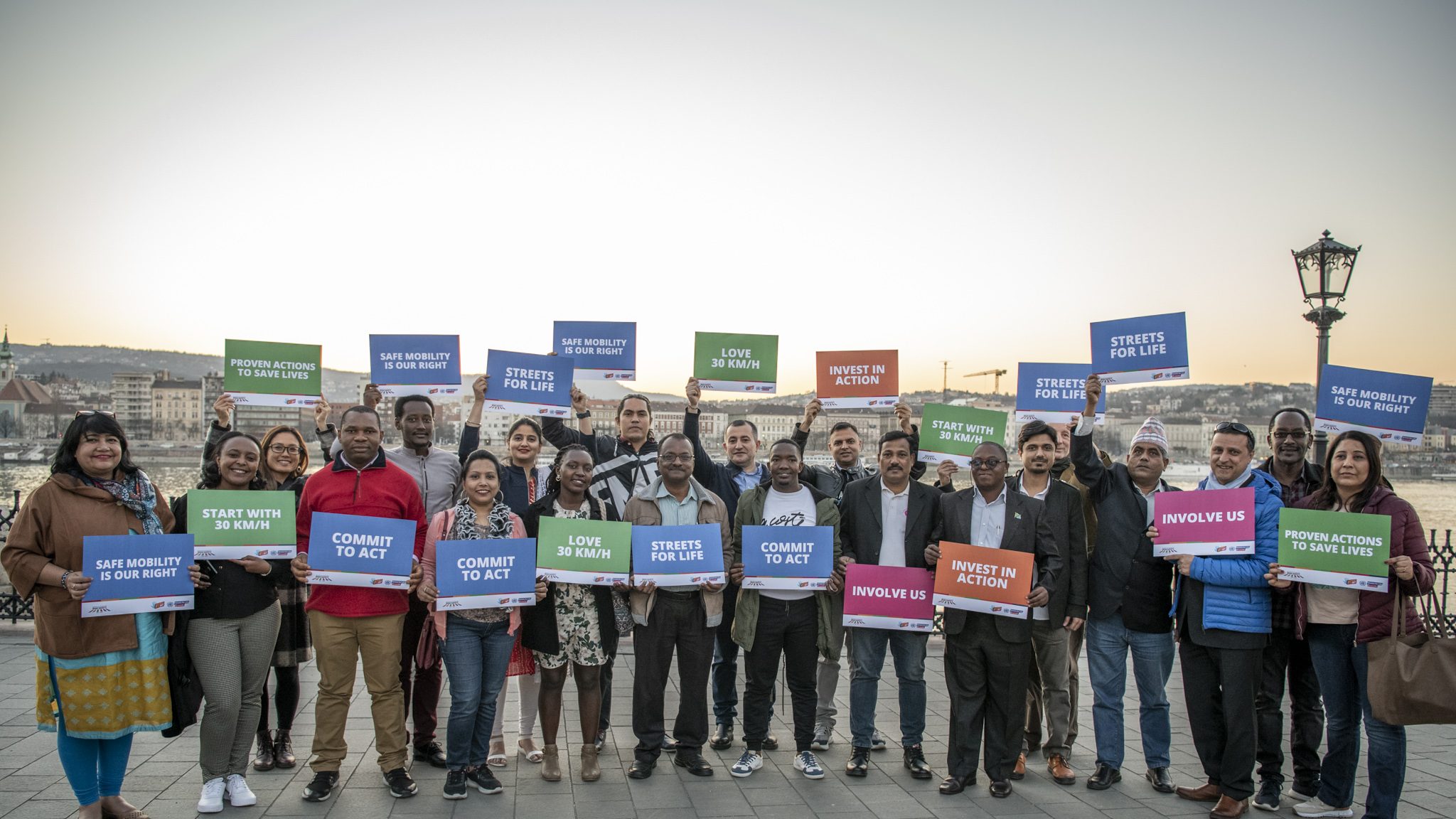
The Alliance is excited to welcome two new members who joined recently. Associate members Road Safety Action International (RSAI), Liberia is a community of proactive advocates dedicated to making tangible improvements in global road safety. The organization envisions a world without road crash-related deaths and injuries with an overarching objective of achieving substantial reduction in road […]
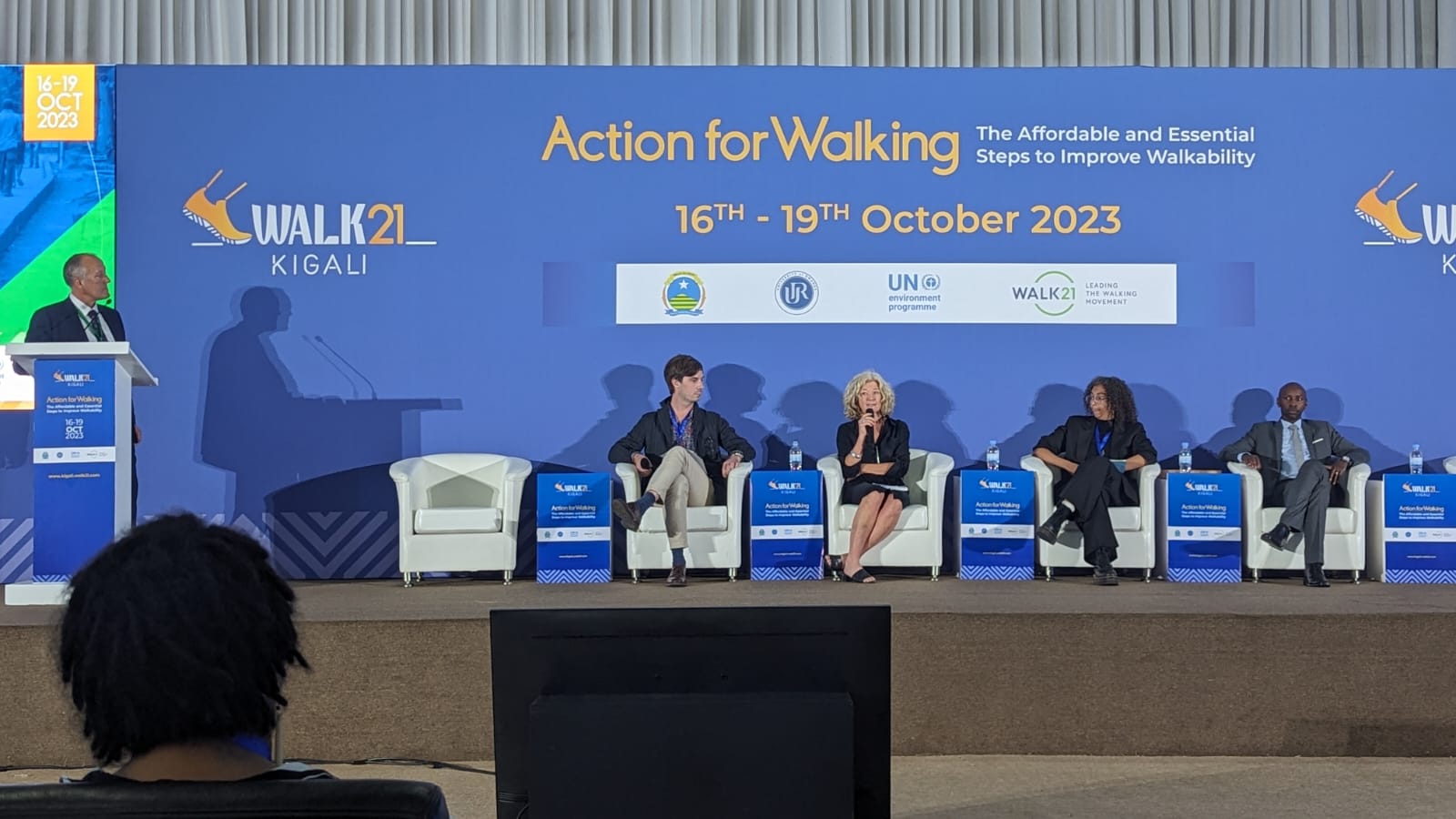
This year’s International Walk21 Conference on Walking and Liveable Communities hosted by the University of Rwanda, in partnership with the City of Kigali, UNEP, and Walk21, focused on how to deliver walkable communities and safer streets, promote community participation, and the value of walking. The Conference brought together experts from across Africa and around the […]
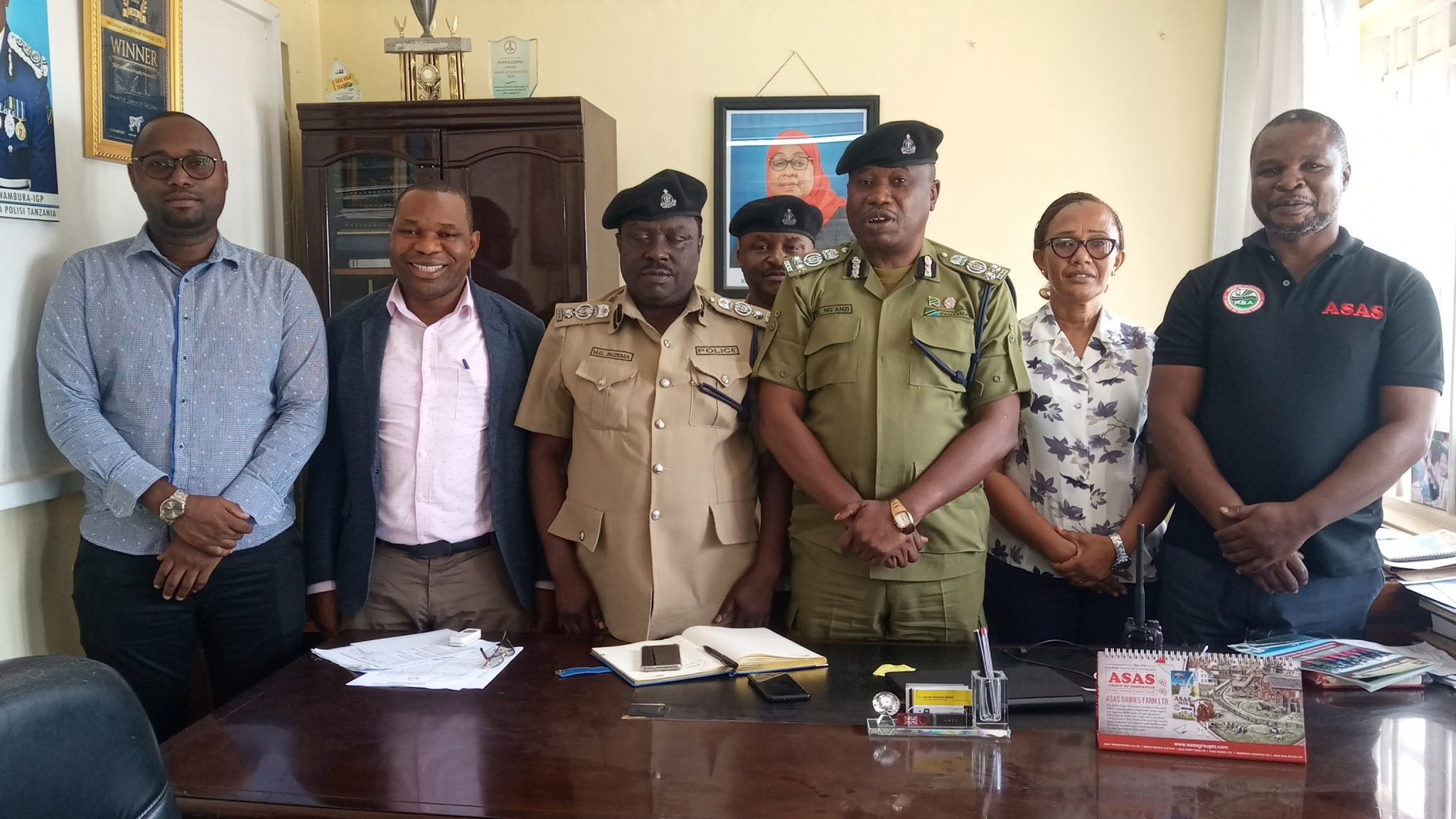
In Tanzania, 30 km/h zones have been incorporated into the draft National Road Safety Plan, expected to be unveiled later this year. This will be an important milestone in the adoption of evidence-based interventions to prioritize pedestrians and other vulnerable road users. The inclusion of 30 km/h zones in the plan follows extensive advocacy by […]
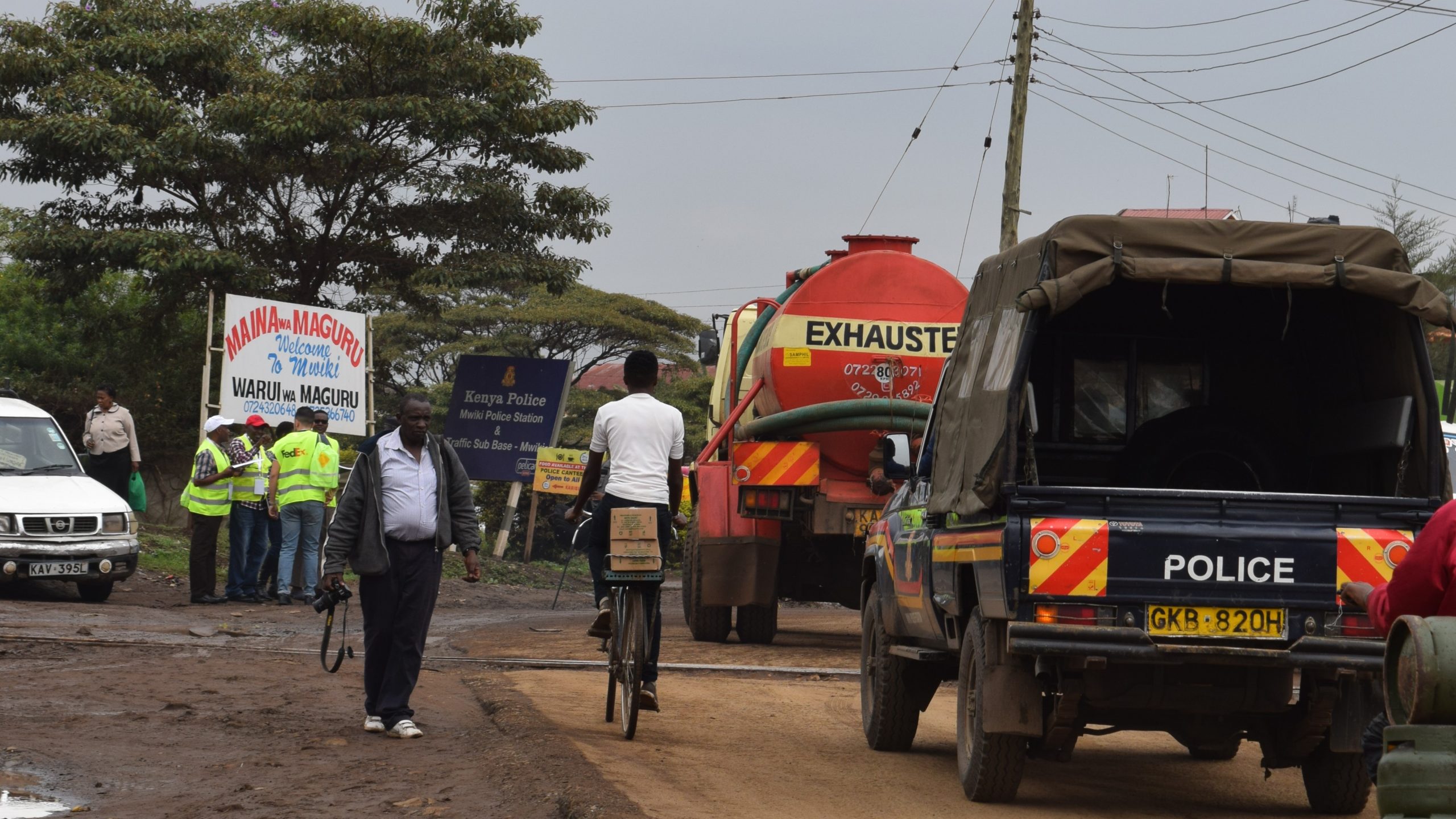
Today, the Global Alliance of NGOs for Road Safety (the Alliance) and the International Road Federation (IRF), with the support of the TotalEnergies Foundation program, are pleased to release the LEARN Guide, a new resource of information and support to empower road safety advocates globally. The LEARN (Learn, Examine, Act, Replicate, Network) program has already […]

In this article, we look at why the Charter is so significant and how NGOs can use it for advocacy and accountability so that it can become enforceable across Africa. The African Road Safety Charter was adopted in 2016 by African Union (AU) Member States to provide a framework for road safety policy implementation and […]
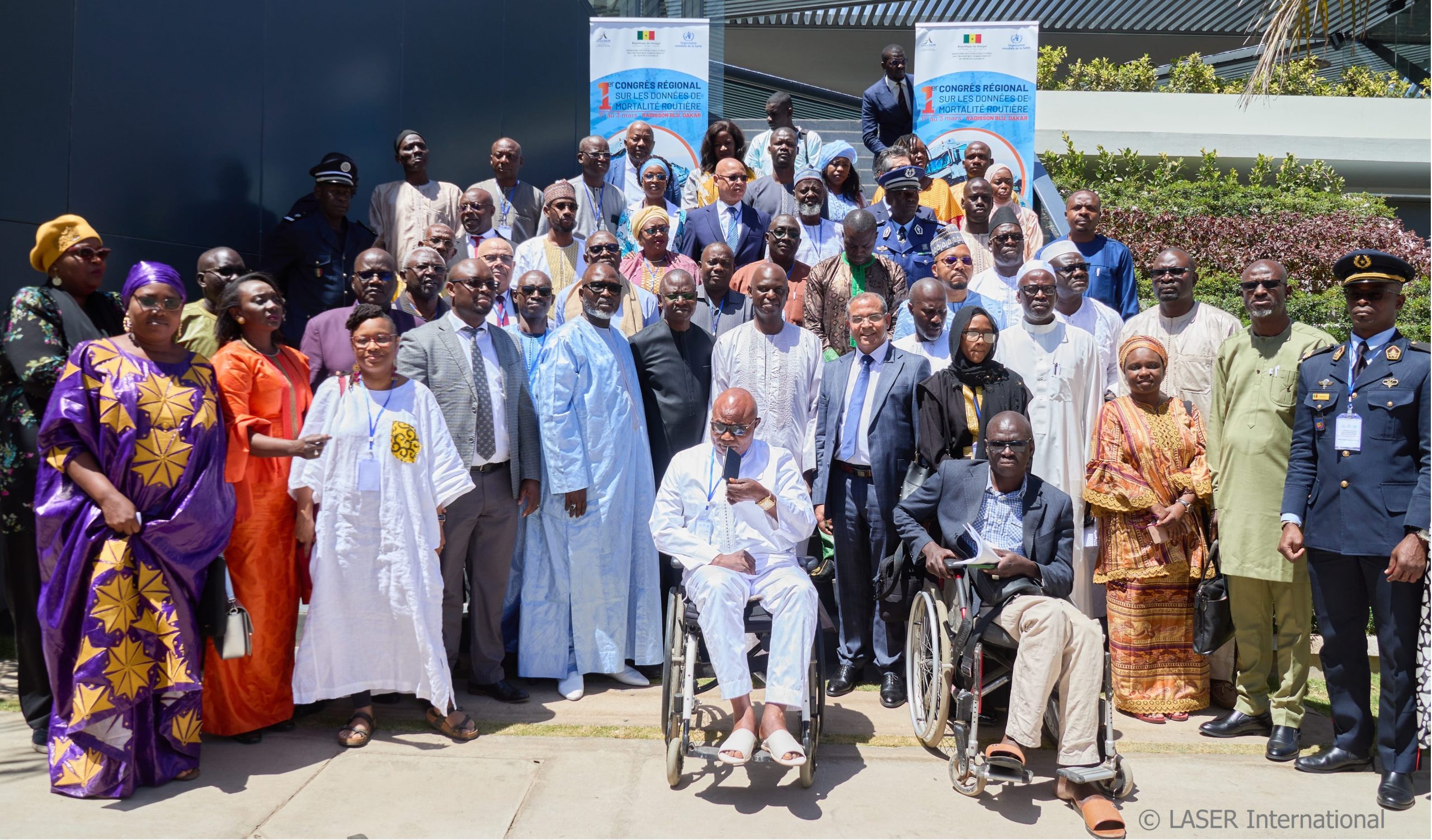
In June 2023, Senegal became the twelfth country to ratify the African Road Safety Charter, meaning that only three more ratifications are needed to make it legally binding and enforceable across Africa. The African Road Safety Charter, an initiative of the African Union (AU), aims to promote road safety and reduce road traffic injuries and […]
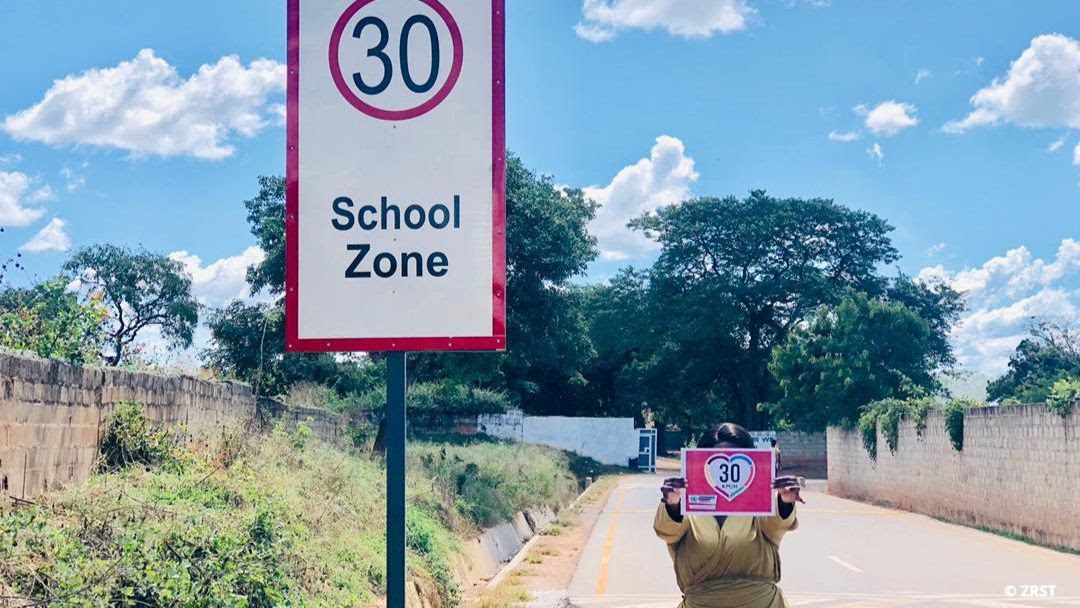
The Alliance is part of the TRANS-SAFE consortium, an EU-funded project bringing together different partners, including city authorities and road safety agencies, NGOs, academics, student volunteers, and private sector experts from Europe and Africa. Several Africa Chapter member NGOs are also members of the consortium. The project will promote radical transformation to improve road safety […]
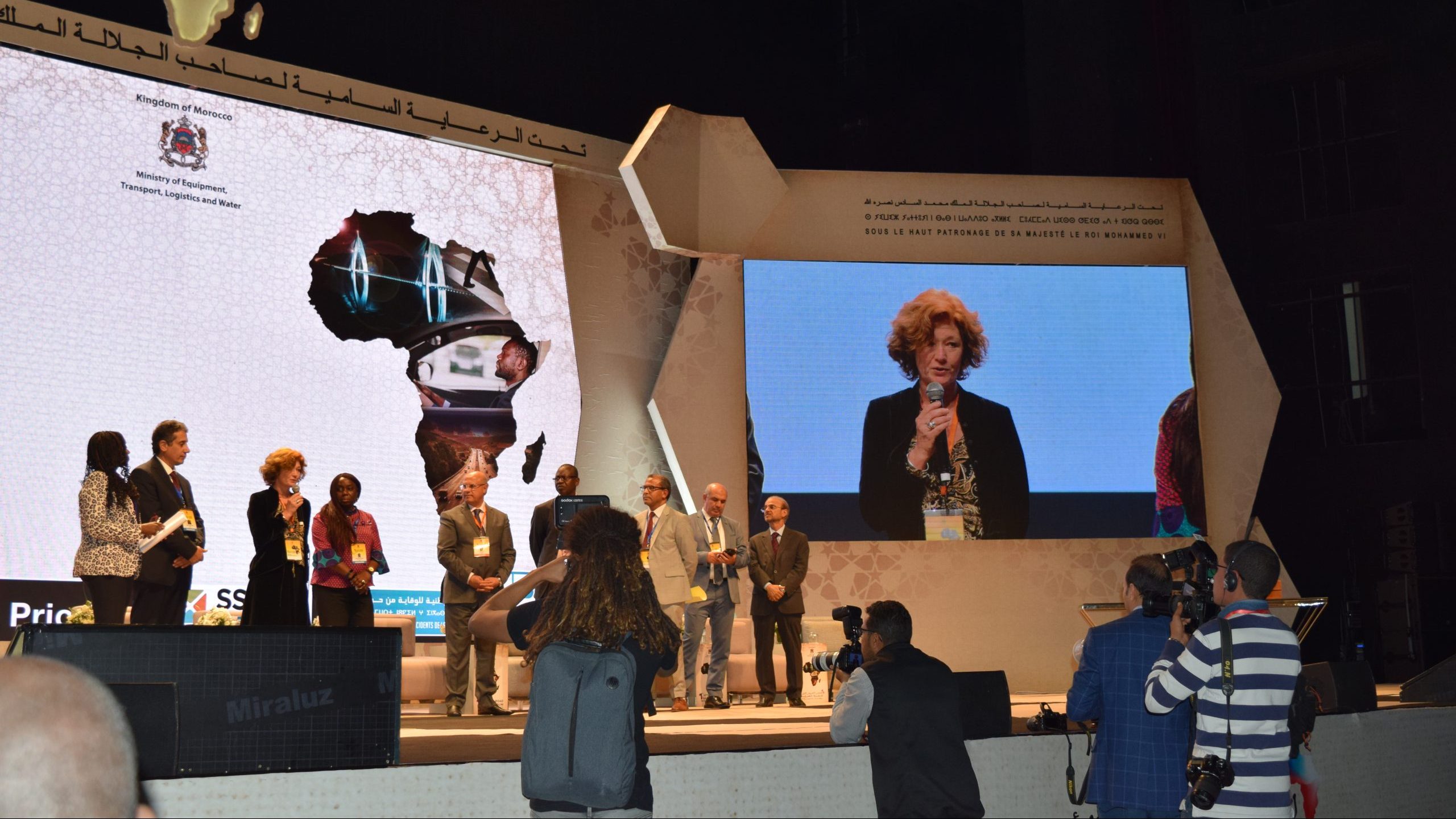
The Alliance’s Africa Chapter was launched in 2018 to unite road safety NGOs in Africa more closely, harness their joint experience, build their capacity and amplify their advocacy voices with their governments. It now has 95 members in 32 countries across the continent. The Chapter provides collaboration opportunities, gives NGOs access to parliamentarians and global and regional partners, provides tools and programs […]
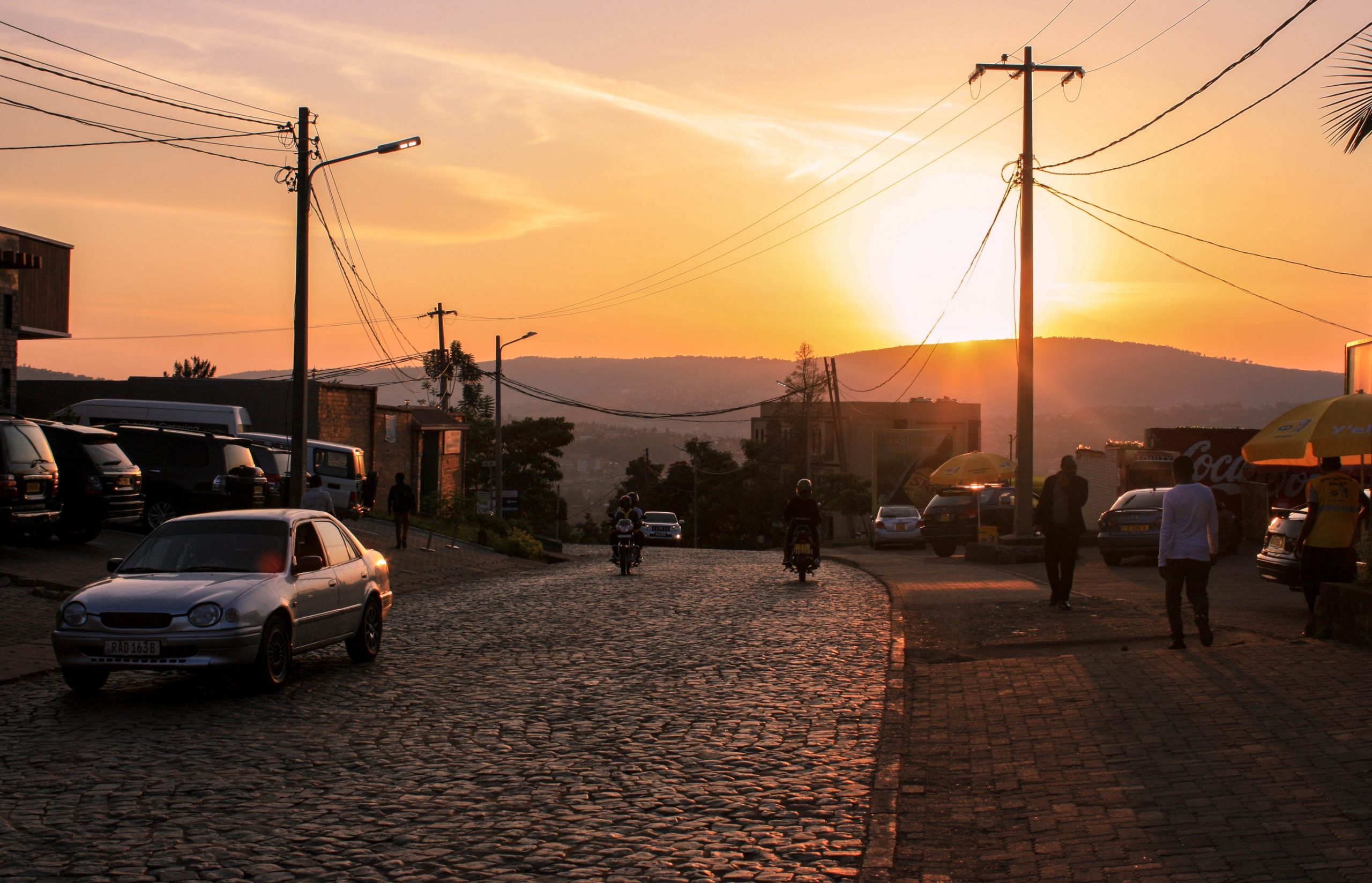
In African cities, walking is the primary mode of transport for the majority, with up to 78% of people walking every day to access work, education, health care, markets, and public transport. Until recently, walking, almost everywhere on the continent, received relatively minor policy attention and resource allocation. Walking infrastructure was lacking: most roads had […]